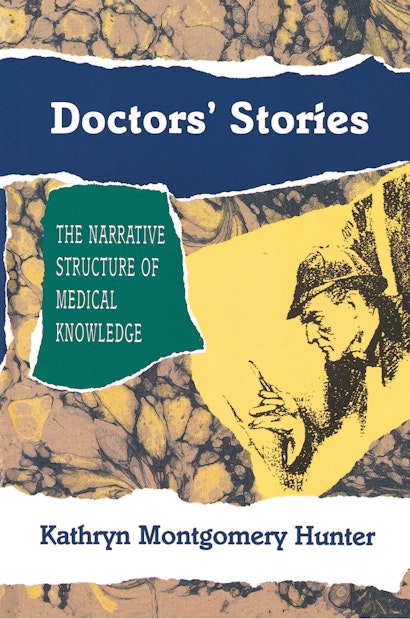A patient’s job is to tell the physician what hurts, and the physician’s job is to fix it. But how does the physician know what is wrong? What becomes of the patient’s story when the patient becomes a case? Addressing readers on both sides of the patient-physician encounter, Kathryn Hunter looks at medicine as an art that relies heavily on telling and interpreting a story—the patient’s story of illness and its symptoms.
Kathryn Montgomery Hunter is Associate Professor of Medicine and Codirector of the Ethics and Human Values in Medicine Program at Northwestern University Medical School.
"[A] remarkable and important book. . . . Professor Hunter's thesis is that some of the ills of medicine itself may result from the divergence between the patient's account of illness and the medical version of that account. This thesis is compellingly argued."—Ray Tallis, The Times Literary Supplement
"[An] intriguing study. . . . To patients and all nonphysicians, Hunter's work provides much-needed clarity about the goals and methods of [medical] practice. . . . For physicians, the book offers a greater degree of self-consciousness and a broader understanding of the task of medicine."—Martha Montello, New England Journal of Medicine
"A lucid, witty, insightful account."—Steven H. Miles, M.D., The Journal of the American Medical Association

